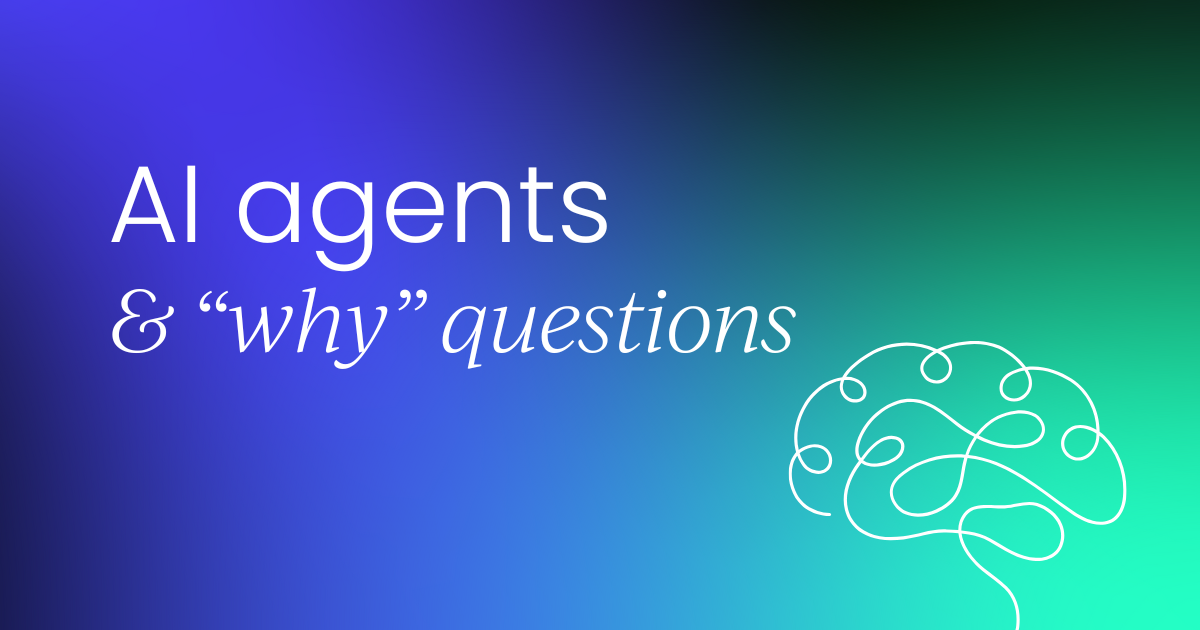Don't Take the Premise for Granted: Evaluating the Premise Critique Ability of Large Language Models
NeutralArtificial Intelligence
- Recent evaluations of large language models (LLMs) have highlighted their vulnerability to flawed premises, which can lead to inefficient reasoning and unreliable outputs. The introduction of the Premise Critique Bench (PCBench) aims to assess the Premise Critique Ability of LLMs, focusing on their capacity to identify and articulate errors in input premises across various difficulty levels.
- This development is significant as it addresses a critical gap in the evaluation of LLMs, which have been primarily assessed in ideal conditions. By systematically testing their ability to critique premises, researchers can better understand the limitations of these models and work towards improving their reasoning capabilities.
- The ongoing discourse surrounding LLMs includes concerns about their truthfulness and the complexities of evaluating their outputs. Issues such as over-refusal in generating responses and biases in their training data further complicate the landscape, emphasizing the need for comprehensive frameworks like PCBench to enhance the reliability and fairness of LLM applications.
— via World Pulse Now AI Editorial System

